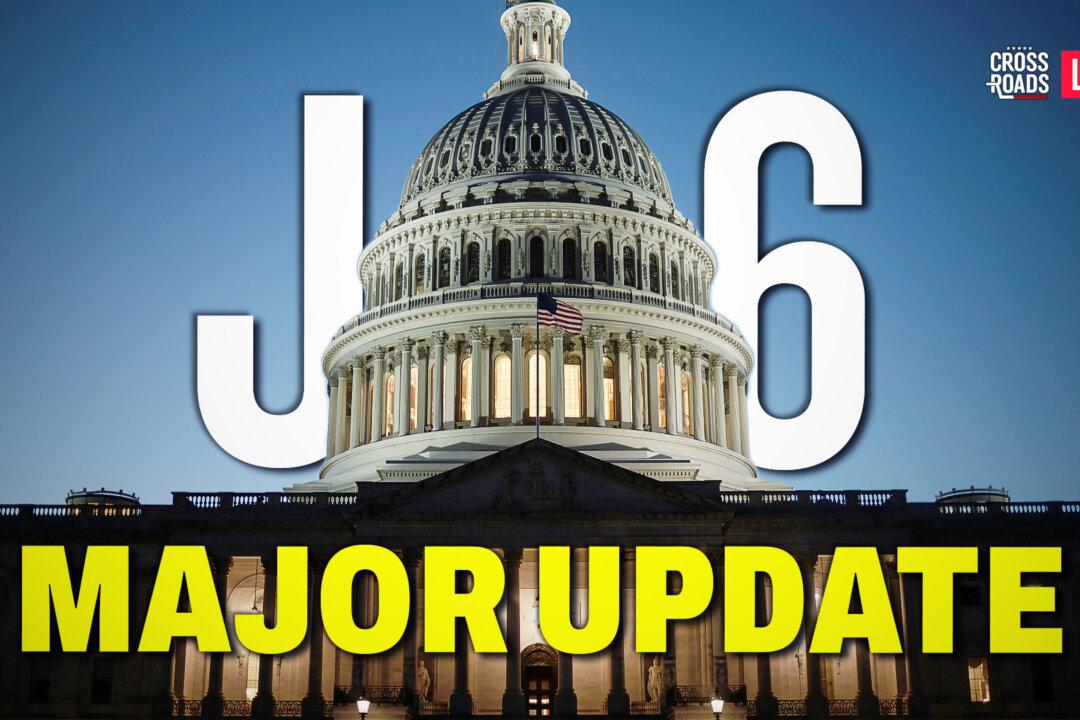The issue began making headlines on Jan. 12 when Google posted on its official blog that it detected a “highly sophisticated and targeted attack” originating from China that stole intellectual property. Further investigation found that the attack also targeted at least 20 other large companies as well as Google e-mail accounts of Chinese human rights activists.
The announcement stirred an international response, and U.S. Secretary of State Hillary Clinton called on China to investigate the attacks. However, the U.S. has been aware of China’s cyberwarfare activities for several years.
Hans Remberg, vice president of the Federal Republic of Germany’s domestic intelligence agency, accused China of sponsoring computer attacks “almost daily.”
According to a U.S. Department of Defense (DoD) report to Congress, Remberg says that, “Across the world the PRC (People’s Republic of China) is intensively gathering political, military, corporate-strategic, and scientific information in order to bridge their [sic] technological gaps as quickly as possible.”
The DoD report adds that the attacks from China have a higher level of sophistication and organization than hackers from other countries, and “the conflict has reached the level of a campaign-style, force-on-force engagement.”
“They will exploit anything and everything,” a senior official told FCW in its report. “It’s hard to believe it’s not government-driven.”
The attacks have a broad range of objectives, including the stealing of technology, gathering intelligence, and stealing information from the DoD.
A key threat the Chinese cyber attacks pose, in addition to stealing high-level information on U.S. military information and operations, is that they are also planting dormant technology that could be activated at a later time.
“A recent Chinese military white paper states that China plans to be able to win an ‘informationized war’ by the middle of this century,” says the FCW report.
A Broader Strategy
The Chinese Communist Party (CCP) has repeatedly denied accusations of cyber attacks against the U.S., other countries, and businesses, often calling the accusations racist or against China. Following the recent attacks on Google, a statement was published by a spokesman from China’s Ministry of Industry and Information Technology saying the accusations are “groundless and aim to denigrate China.”
Part of the concern is the lack of transparency in the Chinese regime’s buildup of cyberwarfare capabilities and technology. This goes along with the regime’s overall lack of transparency in military spending and development as a whole.
“China continues to promulgate incomplete defense expenditure figures, and engage in actions that appear inconsistent with its declaratory policies,” according to the DoD Annual Report to Congress on the “Military Power of the People’s Republic of China in 2008.”
A document from China’s People’s Liberation Army (PLA) states that “war is not only a military struggle, but also a comprehensive contest on fronts of politics, economy, diplomacy, and law,” according to the DoD report.
It adds that in 2003, the CCP’s Central Committee approved the “Three Warfares” which include psychological warfare through the use of propaganda, deception, threats, and coercion to affect an enemy’s understanding. Media warfare aims to influence public opinion and gain support domestically and internationally, and legal warfare uses international and domestic law to gain support and manage possible repercussions of the regime’s military actions.
Cyberwarfare has a strong place in the CCP’s overall military strategy and “has been a pillar of Chinese military strategy since the early 1990s,” according to a report from senior intelligence analyst at SRA International Brian Mazanec.
The CCP’s cyberwarfare development is based on a concept that the future of warfare is dependent on interfering with the enemy’s flow of information. “Thus, in their infamous 1999 manifesto, Unrestricted Warfare, People’s Liberation Army (PLA) Colonels Qiao Liang and Wang Xiangsui proposed a form of warfare that ‘transcends all boundaries and limits,’ and exploits the central role that cyberspace plays in future conflict,” said Mazanec.
“The threat of cyberwarfare from the PRC is real and growing. The U.S. cannot afford to ignore the looming asymmetric threat from its rising peer competitor in Asia,” according to Mazanec.
He added that the CCP’s cyberwarfare capabilities “are focused not only on collecting sensitive information, but also on achieving military effects capable of causing economic harm, damaging critical infrastructure, and influencing the outcome of conventional armed conflicts.”




![[LIVE 4/26 at 10:30AM ET] New Push Started for Global Digital Currencies](/_next/image?url=https%3A%2F%2Fimg.theepochtimes.com%2Fassets%2Fuploads%2F2024%2F04%2F19%2Fid5633115-0426-1080x720.jpg&w=1200&q=75)



Friends Read Free